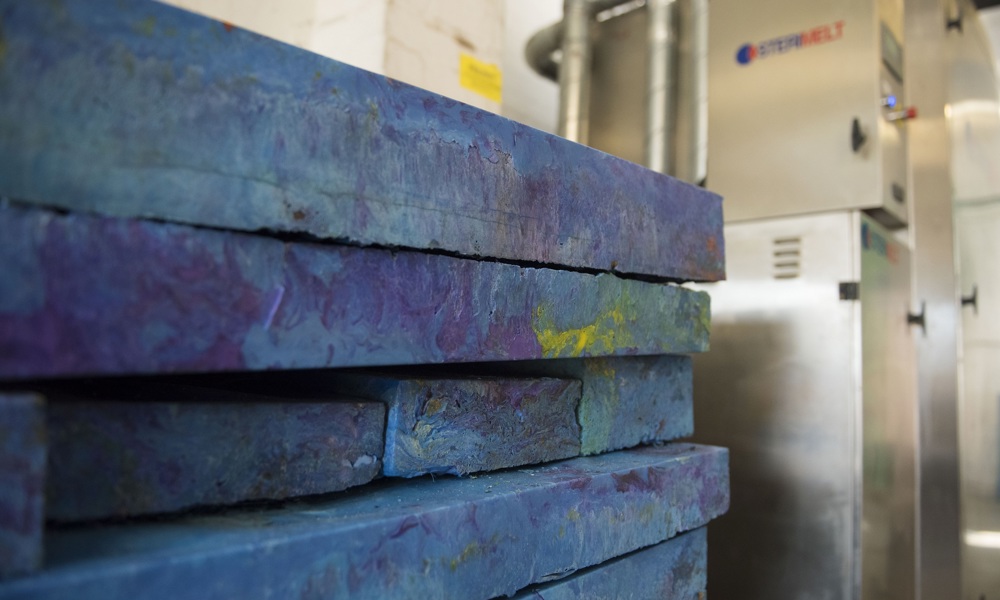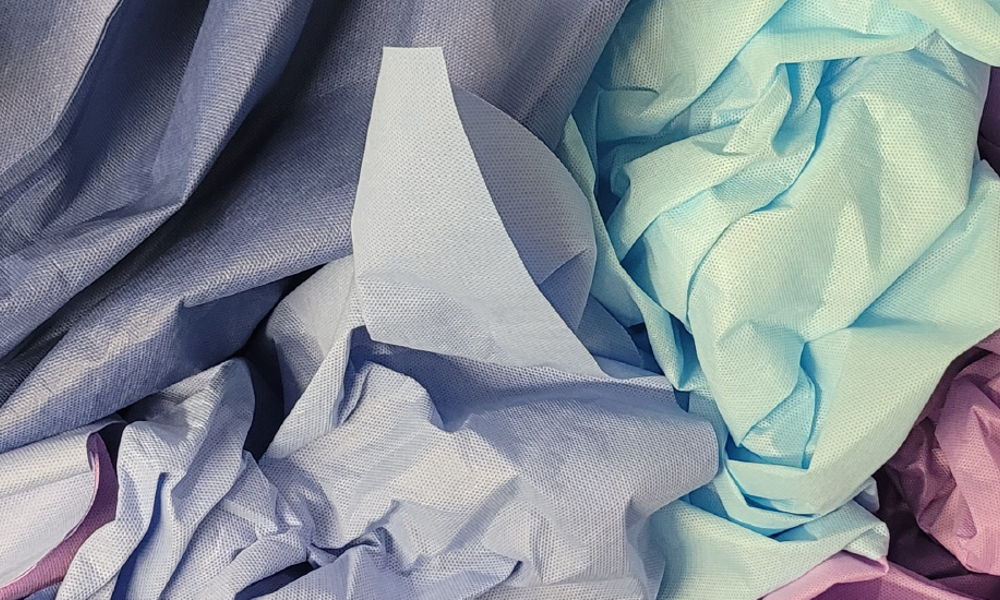Giving hospital waste a new life
25 March 2022
As a market leader in the supply of medical and surgical consumables to Australian hospitals, Multigate is delighted to be a central contributor to a research project aimed at reclaiming a material that previously went to the waste stream.
The lifecycle stewardship of non-woven and soft plastics, used in many of the consumable products that we and our competitors supply to hospitals, is a key target in our plans to reduce our environmental footprint over the next three years.
"As a certified Climate Neutral Company, being able to contribute to these innovative research projects and drive better circular economy outcomes, is an essential part of our commitment to product stewardship, We are delighted to be working with a like-minded, multi-disciplinary team including UTS, UNSW, 180 Waste Group, Allmould Plastics Group, The Product Stewardship Centre of Excellence and South-Western Sydney Local Health District to develop and pilot a scalable, cyclic hospital supply chain model for polypropylene."
- Ben Chen, CEO - Multigate
At the 2022 Australian Circular Economy Forum in March , the NSW Minister for Science, Innovation and Technology Alister Henskens announced details of sustainable, economically viable and environmentally friendly projects awarded funding. The Circular Economy Challenge Program is designed to foster innovation through the state’s world-leading researchers and organizations, remove barriers and build new sustainable supply chains that minimize or eliminate waste, and generate jobs and investment in new circular industries.
Achieving Circularity: Development of a sustainable and scalable model to recycle and reduce the cost of polypropylene waste in hospitals, was one of two successful projects to receive grants of $200,000. Lead companies are required to match grant funding and provide additional in-kind contributions towards the project.
The forum was hosted by NSW Circular, a state government-funded body whose remit is to embed environment, economic and social goals into its work. CEO Lisa McLean said collaboration is the key to solving the big challenges of transitioning to a circular economy.
“These research projects are proving there are new and better ways to reduce, recycle and reuse waste across many sectors - health, waste management, construction, infrastructure and finance,”
- Lisa McLean
About the project
Multigate has joined with its partners in a project that aims to tackle the challenges presented by waste plastic in Australian hospitals.
Each project partner is ideally placed to consider each critical stage of the supply chain lifecycle, from product supply and manufacture, through to hospital waste management, waste collection, plastics recycling and remanufacture.
This project aims to validate the potential for reducing solid waste and greenhouse gas emissions through recycling, as well as provide a business case for establishing a non-woven polypropylene recovery pathway for hospitals.
The problem
NSW public health services generate significant tonnages of waste. Hospital waste in the form of Polypropylene non-woven products such as cubicle curtains and sterilization wraps are a major contributor. Currently the waste is either incinerated or autoclaved and shredded for landfill, and creates a substantial problem for existing supply chains in terms of volume, handling, storage, transport, and end-of-life solutions.
The solution
It is possible to recycle this material if it undergoes an approved treatment method. The value of waste Polypropylene is destroyed in the current linear economy but can be recaptured and recycled into new products, enhancing and driving change in the hospital ecosystem towards more circular economy practices.
Our contribution to the project will trial state-of-the-art heat compaction technology used for the first time in Australia, converting this waste into plastic briquettes to be used for recycling into a wide range of products.
“We will develop and pilot a scalable and closed-loop hospital supply chain model for non-woven polypropylene hospital waste by recapturing material value and designing reuse applications,”
- Ben Chen, CEO - Multigate
A key feature of the project is the creation of a co-located processing system which uses 180 Waste’s Sterimelt technology. The technology developed by the UK-based Thermal Compaction Group uses frictional heat treatment to process potentially infectious clinical waste. The temperature inside the Sterimelt chamber exceeds 300°C, killing COVID-19 and other pathogens.
The easy-to-use equipment produces a by-product plastic briquette that is sterilised, dehydrated, odourless and achieves up to an 85% reduction in the waste volume. Because Sterimelt technology removes all contamination, the resulting plastic can be reused in a wide range of products, potentially including new hospital products to achieve true circularity.



